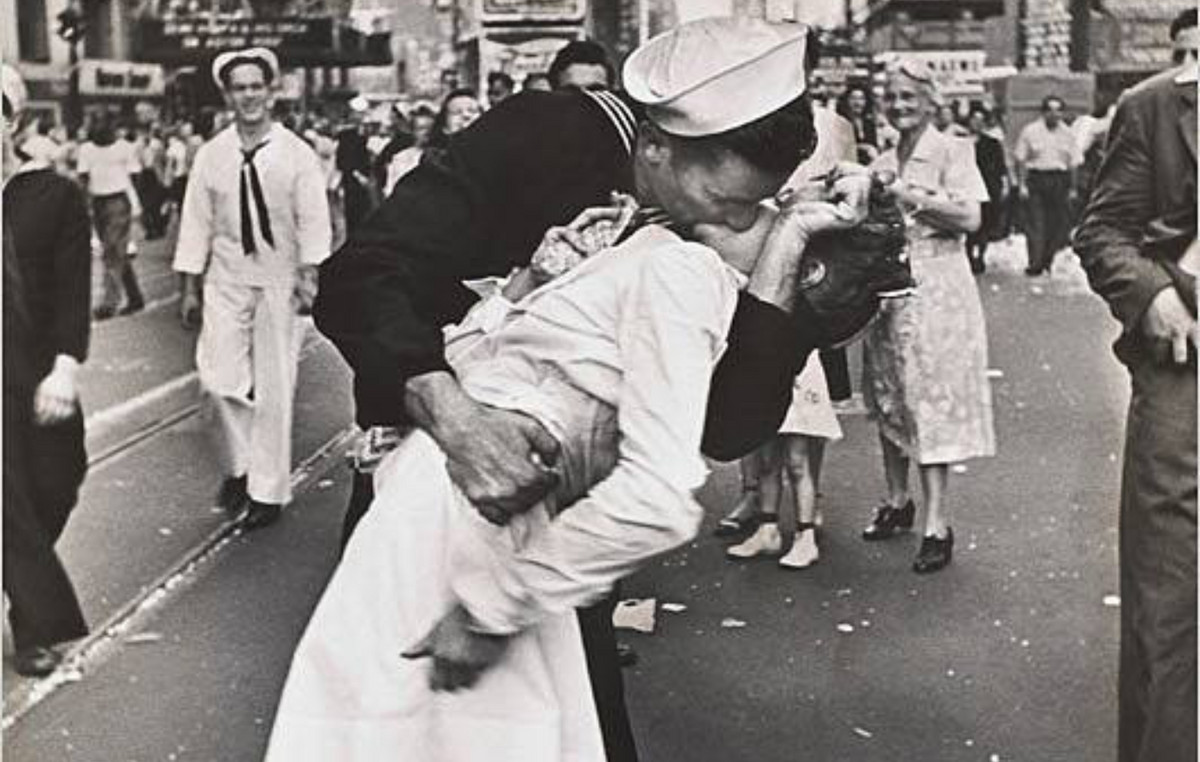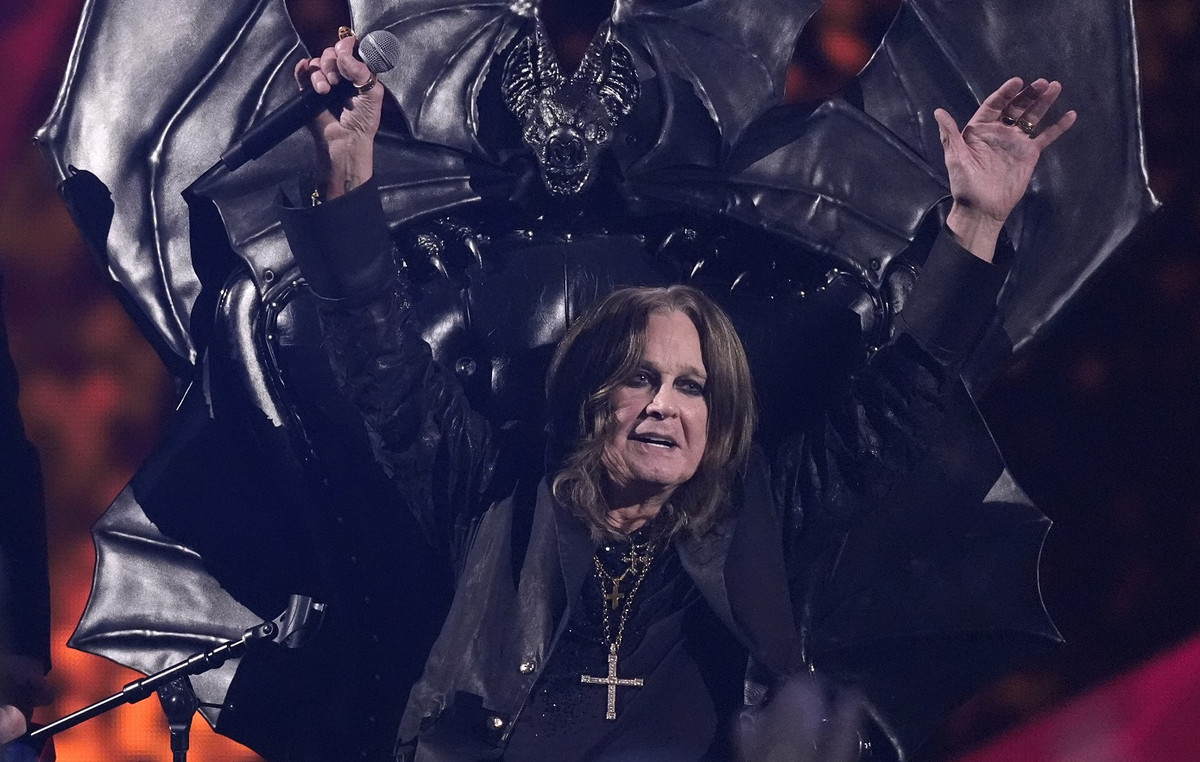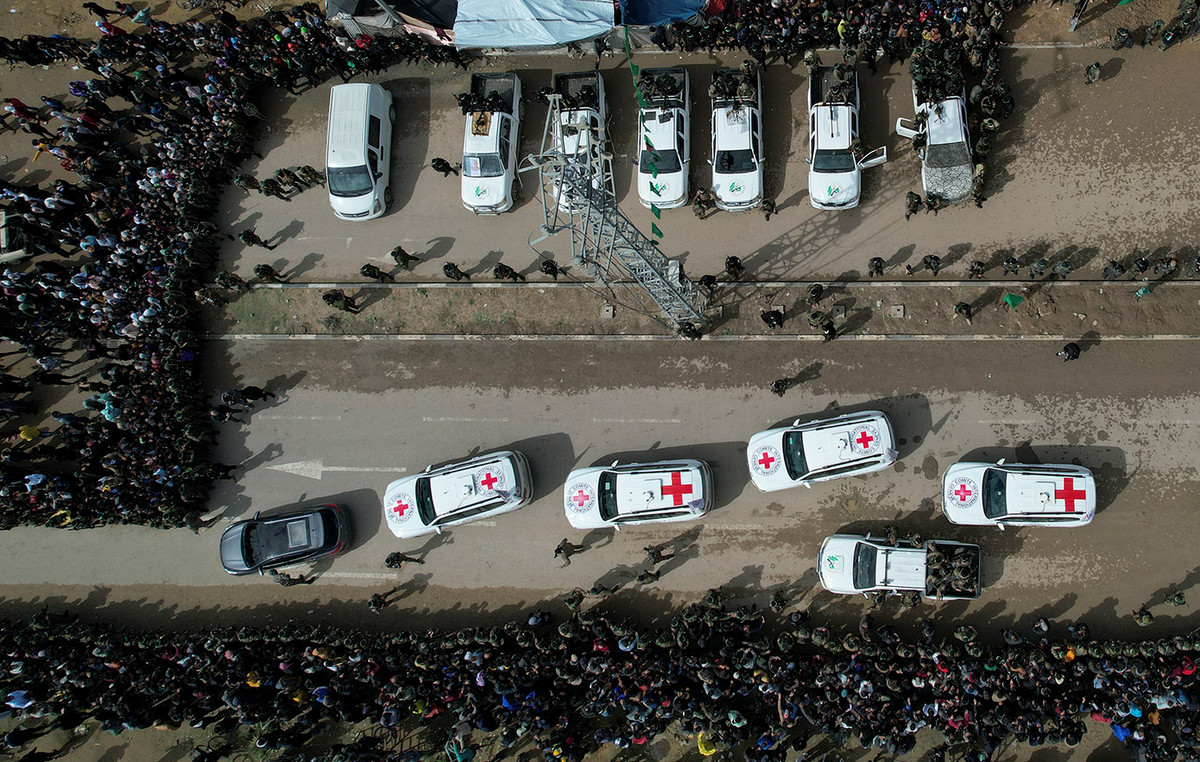Israel will continue to attack Hezbollah targets across Lebanon, including the country’s capital, Beirut, Prime Minister Benjamin Netanyahu said.
“We will continue to attack Hezbollah without mercy throughout Lebanon — including Beirut,” said the prime minister at the Israel Defense Forces (IDF) Golani Brigade Training Base in a video released by the government.
This base was hit on Sunday night (13) by a Hezbollah drone launched from southern Lebanon, killing four Israeli soldiers and injuring more than 60 people.
Netanyahu expressed condolences to the families of the four dead soldiers, adding that he would visit the injured.
“Together with the entire nation, I pray for his speedy recovery… we continue to fight. We are paying a painful price, but we have considerable achievements that we will continue to make”, he pointed out.
Netanyahu’s comments come after the CNN has learned that Israeli attacks on Beirut have been halted in recent days amid growing “understandings” between US and Israeli officials, according to a source familiar with the matter.
Two Israeli attacks killed at least 22 people and injured more than 100 in Beirut on Thursday (10). Since then, there have been no attacks in the Lebanese capital, but they have continued elsewhere, particularly in the south of the country.
Understand the escalation in conflicts in the Middle East
Iran’s missile attack on Israel on October 1 marked a new stage in the regional conflict in the Middle East. On one side of the war is Israel, with support from the United States. On the other, the Axis of Resistance, which receives financial and military support from Iran and which has a series of paramilitary groups.
There are seven conflict fronts currently open: the Islamic Republic of Iran; Hamas, in the Gaza Strip; Hezbollah, in Lebanon; the Syrian government and the militias operating in the country; the Houthis, in Yemen; Shia groups in Iraq; and different militant organizations in the West Bank.
Israel has soldiers on three of these fronts: Lebanon, the West Bank and the Gaza Strip. In the other four, it carries out aerial bombings.
The Israeli Army began a “limited ground operation” in Lebanon on September 30, days after Israel killed Hezbollah leader Hassan Nasrallah in a bombing of the group’s headquarters in the Beirut suburb.
The Israel Defense Forces say they have killed virtually the entire Hezbollah chain of command in similar bombings carried out in recent weeks.
On September 23, Lebanon had its deadliest day since the 2006 war, with more than 500 fatalities.
At least two Brazilian teenagers died in the attacks. Itamaraty condemned the situation and called for an end to hostilities.
With the increase in hostilities, the Brazilian government announced an operation to repatriate Brazilians in Lebanon.
In the West Bank, the Israeli military is trying to dismantle groups opposed to Israel’s occupation of Palestinian territory.
In the Gaza Strip, Israel seeks to eradicate Hamas, responsible for the October 7 attack that left more than 1,200 people dead, according to information from the Israeli government. The Israeli operation killed more than 40,000 Palestinians, according to the enclave’s Ministry of Health, controlled by Hamas.
Hamas leader Yahya Sinwar remains hidden in tunnels in the Gaza Strip, where dozens of Israelis kidnapped by Hamas are also believed to be in captivity.
This content was originally published in Israel will continue attacking Hezbollah “without mercy” throughout Lebanon, says Netanyahu on the CNN Brasil website.
Source: CNN Brasil
Bruce Belcher is a seasoned author with over 5 years of experience in world news. He writes for online news websites and provides in-depth analysis on the world stock market. Bruce is known for his insightful perspectives and commitment to keeping the public informed.







